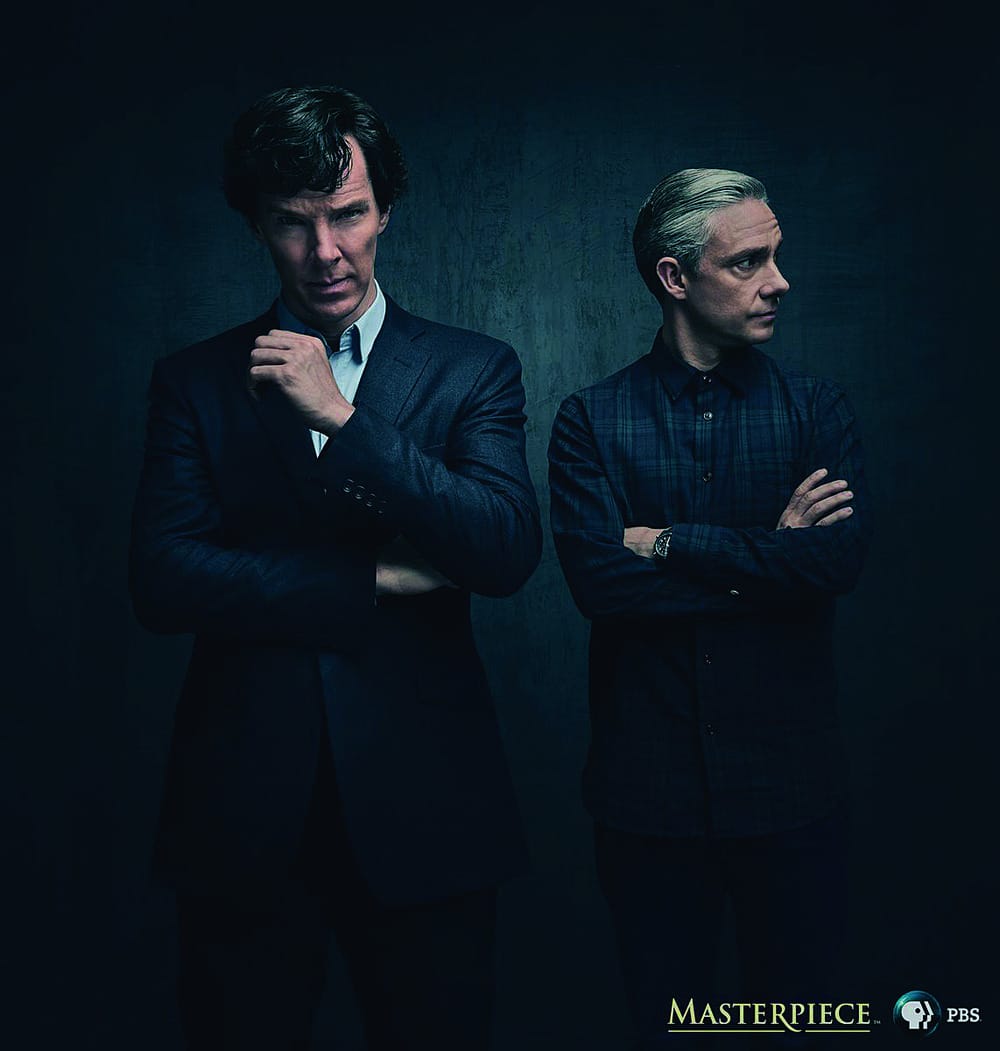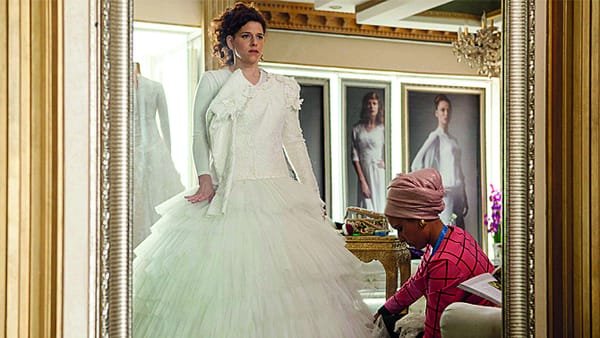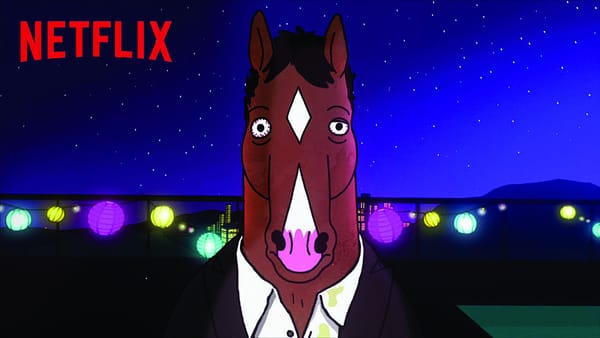Trivial Pursuits | Sherlock
Sherlock’s always hotly anticipated new years debut proved disapointing this year. A lukewarm mytery made for boring watching. So why couldn’t TV’s darling detective find his footing this year?

After last year’s somewhat disappointing bait and switch, Sherlock has finally returned with a full season this holiday period. The Six Thatchers picks up immediately where we left off at the end of the previous episode, with the government leaping into action over Moriarty’s seeming return. The episode, however, quickly distances itself from this plot line, as if the writers had realised that they’d backed themselves into a corner by needing to constantly raise the stakes.
We start with a helpful montage showing the passage of time that quickly establishes one of the recurring themes of this episode; padding. John and Mary become parents, and Sherlock continues solving cases while waiting for Moriarty to play his hand. Thankfully, this parade of banality is brought to an end relatively quickly, as the main case of the episode quickly catches our protagonist’s attention.
Now, credit where credit is due, all the performances are excellent as ever, and Cumberbatch and Freeman fall into familiar grooves comfortably. However, this introduces some issues of its own. Perhaps I’m just fatigued, but the charm of Sherlock’s quirks is fading, and seeing the same gags rinsed repeatedly grates slightly. It seems as if the characters have reached the peak of their development, and the only way the writers seem to have of shaking things up is resorting to cheap tricks and the reset button. It’s a real shame, since there was potential for really introducing a new dynamic by making Watson a father. However, it seems to go nowhere in this episode.
The episode is overly action heavy, and feels like an attempt at a made-for-TV Jason Bourne movie. The action sequences are egregious and, again, frequently feel like padding. The worst offender here is the frustratingly long sequence of Mary hopping around the world. Not much actually happens, plot-wise, through the course of the episode.
Fortunately, the humour is largely well executed in this episode. There’s a dearth of jokes that got a laugh out of me, and the occasional extended moments of self-awareness and lamp-shading are much appreciated bouts of levity. The dialogue, however, is not always at its best and drags down the episode at points.
And what of the central mystery? Unfortunately, the mystery itself isn’t that interesting, and major event that it sets up is just poorly thought out. Firstly, the amount of contrivances and coincidences stretches suspension of disbelief, even for an episode of Sherlock.
The misunderstanding at the core of the plot is obvious to see through, and it seems suspect that someone as close to Mary as the episode suggests would think she was the traitor based on a throwaway sentence. Additionally, while the final solution to the mystery is satisfactory, the lack of time spent developing the perpetrator’s character means that it is nowhere near as cathartic as it should be.
Finally, Mary’s death comes completely out of nowhere, and does not feel at all earned. It makes for a poor surprise, since there is no foreshadowing or build-up, and squanders perfectly good storytelling opportunities. The family dynamics could have allowed the creators to explore a lot of territory that isn’t traditionally explored in Sherlock Holmes stories.
At the very least, it was smart of creators Moffat and Gatiss to avoid blowing the Moriarty load straight away on this episode. It would have left little room for the stories to heat up as the series went on, and would have necessitated increasingly absurd plots to keep audiences interested. This episode, while not a complete disaster, was quite disappointing. While it leaves a bad taste in the viewers mouth, I am hopeful that it won’t be representative of the whole series.









